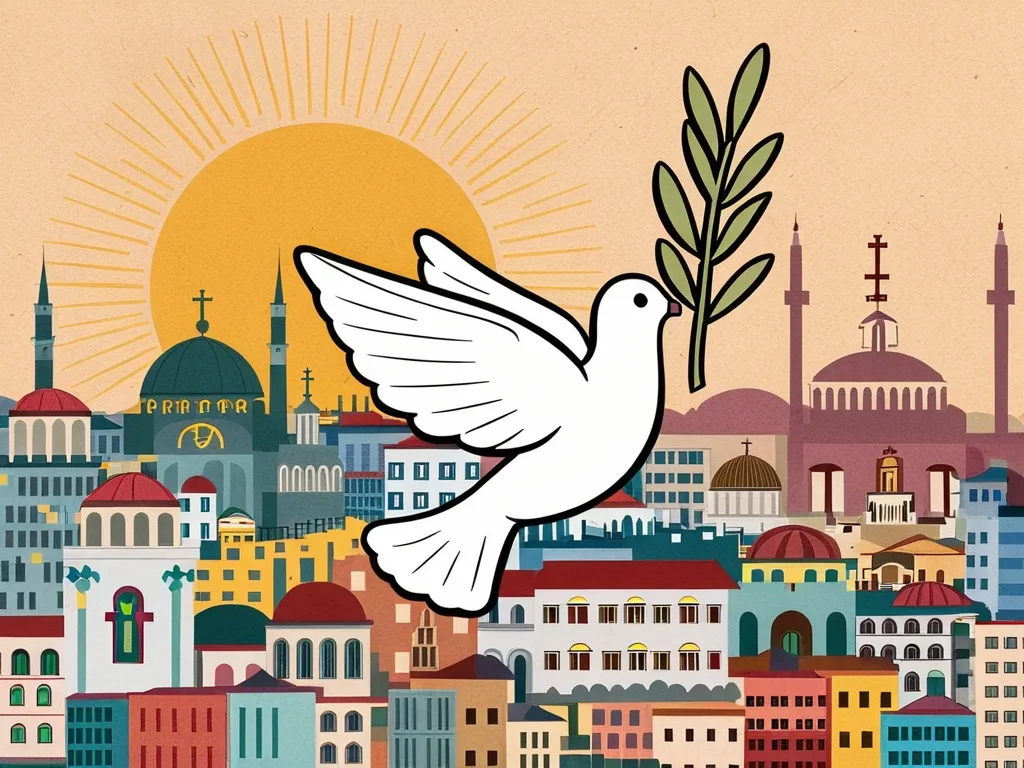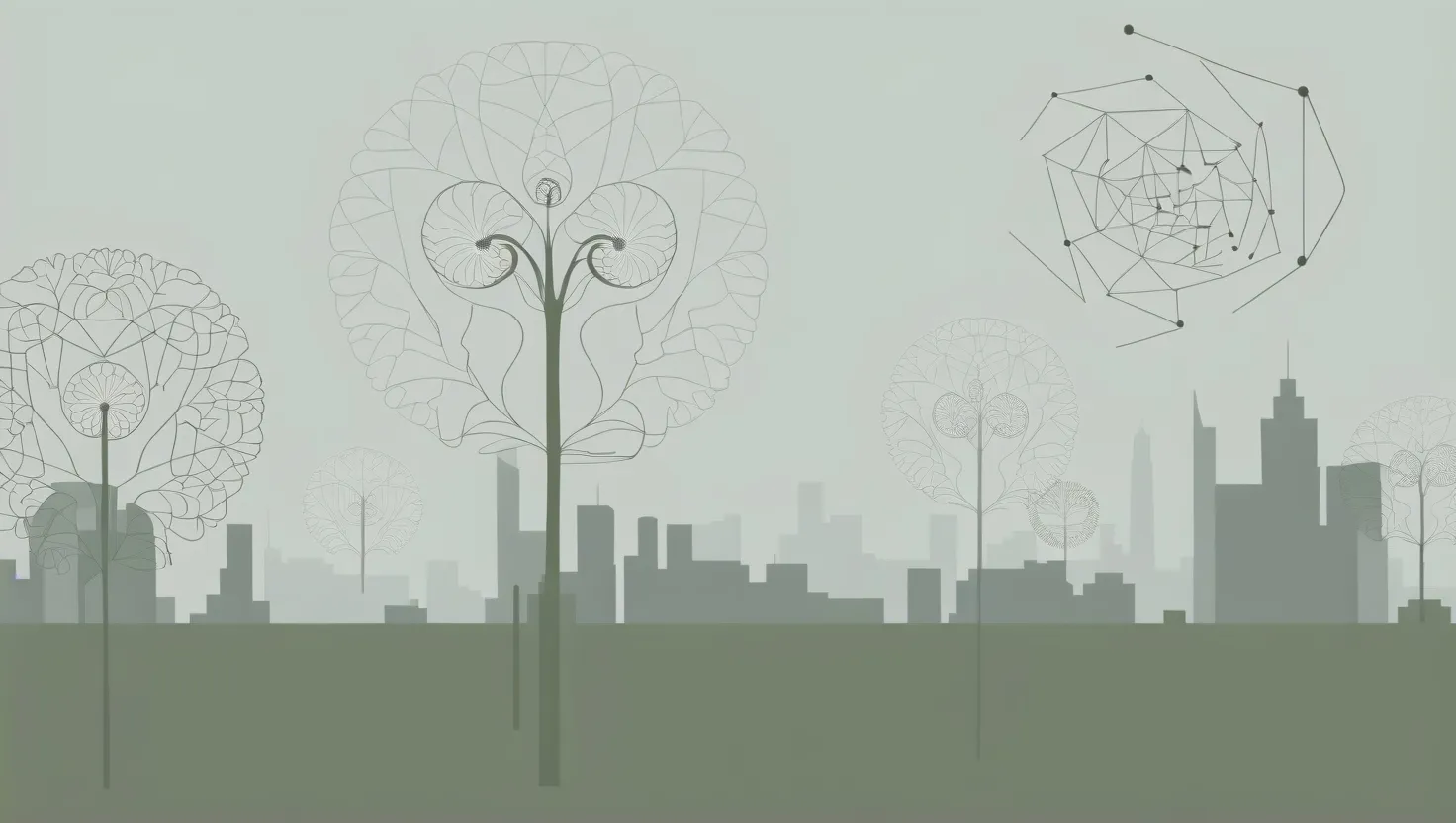When we think about international sanctions, we often focus on their economic and political implications, but there’s a lesser-known aspect that deserves attention: the impact on religious diplomacy. Sanctions, whether imposed by individual countries or international bodies, can have far-reaching consequences that extend beyond the economic sphere, affecting the very fabric of religious institutions and their global missions.
The Humanitarian Impact
One of the most immediate effects of sanctions on religious diplomacy is the disruption of humanitarian aid. Many religious organizations are at the forefront of providing relief to areas affected by conflict, natural disasters, or economic hardship. However, sanctions can severely limit their ability to deliver aid. For instance, sanctions on countries like Iran or Syria have made it incredibly difficult for organizations to transfer funds and resources, hindering their ability to provide essential services such as food, shelter, and medical care.
I recall a conversation with a representative from a Christian aid organization who described the challenges they faced in delivering aid to Syria during the height of the conflict. Despite their best efforts, the complexities of navigating sanctions regimes often meant that aid was delayed or even blocked, leaving vulnerable populations without the support they desperately needed.
Religious Pilgrimages and Cultural Exchanges
Sanctions also impact the spiritual lives of believers by restricting religious pilgrimages and cultural exchanges. For Muslims, the Hajj pilgrimage to Mecca is a sacred duty, but sanctions on countries like Iran have made it difficult for pilgrims to travel. Similarly, sanctions on Russia have affected the ability of Orthodox Christians to participate in international religious gatherings.
These restrictions not only disrupt the spiritual practices of individuals but also undermine the cultural exchanges that are crucial for fostering global understanding and peace. I remember speaking with a Buddhist monk who lamented the loss of cultural exchange programs between his monastery in Tibet and those in other sanctioned countries. These exchanges, he explained, were not just about religion but about building bridges between communities.
Navigating Economic Obstacles
Despite these challenges, religious organizations have shown remarkable resilience and adaptability. They often find creative ways to navigate the economic obstacles posed by sanctions. For example, some organizations have turned to alternative currencies or bartering systems to circumvent financial restrictions. Others have formed alliances with local communities and other NGOs to pool resources and ensure that aid reaches those in need.
In one remarkable instance, a Catholic charity in Venezuela managed to continue its food distribution program despite severe economic sanctions by partnering with local farmers and using a community-based currency. This not only ensured that food reached the most vulnerable but also helped to build a sense of community and solidarity.
Historical Instances
Historically, sanctions have often forced religious institutions to rethink their strategies and find new ways to achieve their missions. During the Cold War, for instance, the Catholic Church played a significant role in mediating between Eastern and Western blocs, often operating in the shadows to avoid political repercussions.
In more recent times, the sanctions on Cuba led to a unique form of religious diplomacy. Despite the economic embargo, the Catholic Church maintained a strong presence on the island, facilitating dialogue between the Cuban government and the international community. This quiet negotiation helped pave the way for eventual diplomatic normalization between Cuba and the United States.
Resilience and Adaptability
The story of religious diplomacy under sanctions is one of resilience and adaptability. It highlights the determination of faith-based organizations to continue their global missions, even in the face of significant obstacles. This resilience is rooted in the core values of most religions: compassion, solidarity, and a commitment to serving the most vulnerable.
I spoke with a rabbi who had worked extensively in conflict zones and noted that the true test of faith is not in the absence of challenges but in how one responds to them. “Sanctions may restrict our resources,” he said, “but they cannot restrict our spirit or our commitment to helping others.”
Quiet Negotiation and Faith-Driven Persistence
The intersection of religion and international policies is often marked by quiet negotiation and faith-driven persistence. Behind the scenes, religious leaders and organizations work tirelessly to mitigate the effects of sanctions, advocating for humanitarian exemptions and negotiating with governments to ensure that aid reaches those who need it most.
This quiet diplomacy is not about grand gestures or public declarations; it is about the everyday acts of kindness, compassion, and perseverance that define the work of religious organizations. It is a testament to the power of faith in transcending political boundaries and economic constraints.
Conclusion
The impact of international sanctions on religious diplomacy is a complex and multifaceted issue. While sanctions can disrupt humanitarian aid, religious pilgrimages, and cultural exchanges, they also prompt religious organizations to find innovative solutions and adapt to new challenges.
As we navigate the ever-shifting landscape of global politics, it is crucial to recognize the subtle yet significant role that religious diplomacy plays. It is a reminder that even in the most challenging times, faith and resilience can overcome seemingly insurmountable obstacles, fostering a world of greater understanding, peace, and solidarity.
In the end, the story of religious diplomacy under sanctions is not just about the obstacles; it is about the unwavering commitment to serve, to care, and to build bridges between communities. It is a narrative of quiet negotiation and faith-driven persistence, a testament to the enduring power of faith in a world filled with challenges.






